What Is a Hypothesis in a Research Paper?
A research paper hypothesis is a testable statement that predicts the relationship between two or more variables based on existing knowledge.
That definition matters because it separates a hypothesis from an opinion or a general claim. Your hypothesis has to be testable, meaning you can collect data to support or disprove it. If you can't test it, it's not a hypothesis.
It's also different from a thesis statement. A thesis expresses your paper's main argument or position. A hypothesis, by contrast, is a specific, falsifiable prediction about variables. You can read more about the difference in our guide to research paper thesis.
A hypothesis is also distinct from a research question. Your research question asks what you want to find out. Your hypothesis is your predicted answer to that question. If you haven't formed your research question yet, start with our guide on how to write a research question.
Where Does the Hypothesis Go in a Research Paper?
Most students know they need a hypothesis. Fewer know exactly where it belongs.
Your hypothesis goes at the end of your introduction, after your literature review. By that point, you've given readers the background context they need. Your hypothesis is the logical next step: this is what I predict, based on everything I've just shown you.
Think of it this way: your hypothesis should be the last thing your reader sees before you explain your methods. It sets up the "so here's what I'm going to test" moment right before you tell them how you're going to test it.
A hypothesis is presented as a declarative statement, not a question. "Students who sleep more than seven hours perform better on exams" is a hypothesis. "Do students who sleep more perform better on exams?" is a research question.
In quantitative studies, you'll typically present both a null hypothesis (H0) and an alternative hypothesis (H1 or Ha) before your methods section. The null states no relationship exists; the alternative predicts the relationship you expect to find.
Writing a strong research paper introduction first gives your hypothesis the context it needs to land properly.
Types of Hypothesis in a Research Paper
Not all hypotheses are built the same. The type you use depends on your research design, your variables, and what you're trying to prove.
Simple Hypothesis
A simple hypothesis predicts a relationship between one independent variable and one dependent variable.
Example:
"Students who study with background music score lower on reading comprehension tests than students who study in silence."
Complex Hypothesis
A complex hypothesis predicts a relationship involving two or more variables on either side.
Example:
"Students who sleep more than seven hours and exercise regularly will score higher on exams and report lower stress levels than students who do neither."
Null Hypothesis (H0)
A null hypothesis states that there is no significant relationship between your variables. It's the default position, essentially saying "nothing is going on here". Your study then attempts to disprove this. The null is what you're trying to reject: your study tests whether the data gives you enough evidence to overturn it.
Example:
"There is no significant difference in exam scores between students who study with background music and those who study in silence."
Alternative Hypothesis (H1/Ha)
An alternative hypothesis is the opposite of your null hypothesis. It predicts that a relationship does exist.
Example:
"Students who study in silence score significantly higher on reading comprehension tests than students who study with background music."
Directional Hypothesis
A directional hypothesis predicts not just that a relationship exists, but also specifies the direction: which variable will be higher or lower.
Example:
"Employees who work remotely will report higher job satisfaction scores than employees who work in-office."
Non-Directional Hypothesis
A non-directional hypothesis predicts that a relationship exists but doesn't specify which direction it goes.
Example:
"There will be a significant difference in job satisfaction scores between remote and in-office employees."
Statistical Hypothesis
A statistical hypothesis is a formal statement designed for quantitative testing, expressed in terms of population parameters. This type is specific to studies using inferential statistics, where you need to define your hypothesis in terms that can be formally tested against a significance threshold.
Example:
"The mean exam score of Group A (music) will not significantly differ from the mean exam score of Group B (silence), at a = 0.05."
Hypothesis Types at a Glance:
Type | What It Predicts | Best For |
Simple | One IV to one DV relationship | Basic experimental studies |
Complex | Multiple variables, multiple outcomes | Advanced quantitative research |
Null (H0) | No relationship exists | All quantitative studies (paired with H1) |
Alternative (H1) | A relationship exists | All quantitative studies (paired with H0) |
Directional | Relationship exists AND specifies direction | When prior research suggests a clear direction |
Non-Directional | Relationship exists, direction unknown | When evidence is mixed or limited |
Statistical | Formal population-level prediction | Statistical analysis and quantitative research |
Independent vs. Dependent Variables in Your Hypothesis
Every hypothesis has two core components: an independent variable and a dependent variable. Getting these straight is essential before you write your hypothesis statement.
The independent variable is the factor you control or change. It's the cause, the input, the thing you manipulate in your study.
The dependent variable is what you measure. It's the effect, the outcome, the thing that changes in response to your independent variable.
Here's how they look inside a hypothesis:
- "Increasing study time [IV] will improve exam scores [DV]."
- "Higher caffeine intake [IV] will reduce reaction time [DV] in adults."
- "Students who receive peer tutoring [IV] will show greater improvement in writing quality [DV] than those who don't."
When you write your hypothesis, label both variables in your head before you write the statement. If you can't identify your IV and DV clearly, your hypothesis isn't specific enough yet.
How you plan to test this hypothesis will shape your research methodology. The type of qualitative or quantitative research you're conducting will also influence which hypothesis type you choose.
How to Write a Hypothesis for a Research Paper: Step by Step
Step 1: Start With Your Research Question
Your hypothesis is the predicted answer to your research question. You need the question before you can write the answer.
If you're working backward, you have a hypothesis but no research question then that's a sign something's off. Your problem statement and research question come first; your hypothesis flows naturally from them. If you haven't formed your research question yet, here's how to write a research question.
Step 2: Review Existing Research
Before you predict anything, find out what existing studies say about your topic. A hypothesis grounded in prior research is much stronger than one pulled from thin air.
Look for patterns, gaps, and contradictions in the literature. Your hypothesis should respond to what you find, either extending what's known, challenging it, or filling a gap.
Step 3: Identify Your Variables
Pull out your independent variable (what you're changing or controlling) and your dependent variable (what you're measuring). You can't write a precise hypothesis without knowing both.
Reference the variable breakdown in the section above if you're unsure which is which.
Step 4: Choose the Right Hypothesis Type
Your research design shapes which type of hypothesis you need:
- Quantitative study ? Use a null hypothesis (H0) and alternative hypothesis (H1)
- Experimental study ? Use a directional hypothesis (you're predicting a specific outcome)
- Qualitative study ? You may use a simple or directional hypothesis, or skip the traditional hypothesis format and use research questions instead
- Statistical analysis ? Use a statistical hypothesis
Step 5: Write the Statement
You have two reliable formats to work with.
The if/then format: "If [independent variable], then [dependent variable] will [expected outcome]."
Example:
"If students increase sleep to eight or more hours per night, then their exam scores will improve compared to students sleeping less than six hours."
You can also add a "because" clause to strengthen the logic: "If students increase sleep to eight or more hours, then exam scores will improve, because adequate sleep supports memory consolidation." It's optional, but it shows your reasoning is grounded.
The declarative format: "[X] will lead to [Y] in [context]."
Example:
"Students who sleep eight or more hours per night will achieve higher exam scores than those sleeping fewer than six hours, among undergraduate students."
Both work. The declarative format is cleaner and more common in published research. The if/then format is more useful when you're still working out the logic.
Step 6: Test It Against These Criteria
Before you finalize your hypothesis, run it through this checklist:
- Is it testable? Can you actually collect data on this?
- Is it falsifiable? Could evidence disprove it?
- Does it include both variables? Both IV and DV should be explicitly stated.
- Is it specific and measurable? Vague predictions can't be tested properly.
- Is it one focused prediction? If you've crammed three ideas into one statement, break it up.
NEED A RESEARCH PAPER THAT GETS RESULTS?
Let our expert writers handle the hard part for you ! 100% human-written, and zero AI content.
Subject-Matter Experts • From $11/Page • 3-Hour Rush Available
Hypothesis Examples for a Research Paper
Seeing how a hypothesis is built with the variables labeled and the type identified, makes it much easier to write your own.
Psychology Research Paper Hypothesis Example
Hypothesis: "Adolescents who spend more than three hours daily on social media will report higher levels of anxiety than those who spend fewer than one hour daily."
- Independent variable: Daily social media use (hours)
- Dependent variable: Anxiety levels
- Type: Directional hypothesis
Nursing Research Paper Hypothesis Example
Hypothesis: "Patients who receive structured discharge education will have lower 30-day readmission rates than patients who receive standard verbal instructions."
- Independent variable: Type of discharge education (structured vs. standard)
- Dependent variable: 30-day readmission rate
- Type: Directional hypothesis
Business Research Paper Hypothesis Example
Hypothesis: "Employees who participate in flexible work arrangements will report higher job satisfaction scores than employees on fixed schedules."
- Independent variable: Work arrangement type (flexible vs. fixed)
- Dependent variable: Job satisfaction scores
- Type: Directional hypothesis
Education Research Paper Hypothesis Example
Hypothesis: "Elementary school students who receive 30 minutes of structured reading time daily will show greater improvement in reading fluency scores over one semester than students who receive no structured reading time."
- Independent variable: Structured reading time (30 min/day vs. none)
- Dependent variable: Reading fluency score improvement
- Type: Directional hypothesis
Null Hypothesis Example in a Research Paper
Null hypothesis (H0): "There is no significant difference in job satisfaction scores between employees on flexible work arrangements and those on fixed schedules."
Alternative hypothesis (H1): "Employees on flexible work arrangements will report significantly higher job satisfaction scores than employees on fixed schedules."
Note how the null and alternative hypotheses are always paired. The null is what you're trying to disprove; the alternative is what you expect to find.
Common Mistakes to Avoid When Writing a Hypothesis
Most hypothesis problems come from the same handful of errors. Here's what to watch for.
- Making it untestable:
"Technology is harmful to society" is an opinion, not a hypothesis. A testable version: "Students who use smartphones during lectures will score lower on post-class quizzes than students who don't." If you can't design a study to test it, rewrite it.
- Confusing it with a research question:
"Does sleep affect academic performance?" is a research question. "Students who sleep fewer than six hours per night will score lower on academic assessments than those who sleep eight or more hours" is a hypothesis. Your research question asks; your hypothesis predicts.
- Cramming in too many variables:
If your hypothesis has three independent variables and two dependent variables, it's doing too much. Break it into separate, focused hypotheses — or reconsider your research design.
- Writing it after you already know the results:
Hypotheses are written before data collection. Writing a hypothesis after you've seen the results (called HARKing: Hypothesizing After Results are Known) is considered a research integrity issue. Write it before, then see what the data says.
- Going too broad or too narrow:
"Exercise affects health" is too broad to test. "Running 30 minutes daily for four weeks will reduce systolic blood pressure by 5mmHg in sedentary adults aged 30–50" is specific enough to study. Find the middle ground.
- Leaving out one of the variables:
A hypothesis without a clearly stated independent or dependent variable isn't complete. Always name both.
Ready to Submit a Paper You're Proud Of?
Our Writers Deliver Research Papers That Pass Turnitin, Every Time
- Hand-picked subject-matter experts
- Free revisions until you're satisfied
- 15+ years helping students succeed
- Confidential and secure ordering
Don't leave your grade to chance. Order with confidence.
Get Started NowConclusion
A strong hypothesis isn't just a box to check before you get to the "real" work. It's the decision that shapes everything else in your paper, your methods, your data collection, your analysis, and your discussion.
The process isn't complicated once you break it down: start with your research question, identify your variables, choose the right hypothesis type for your study, and write a clear, testable statement before you collect a single data point.
If your hypothesis is specific, falsifiable, and includes both your independent and dependent variables, you're in good shape. Run it through the checklist in Step 6, and you'll know before you move forward.
For a complete overview of the research paper writing process, check out our research paper guide.


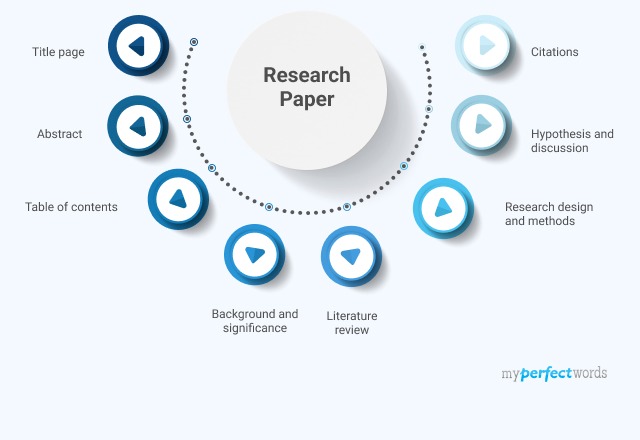

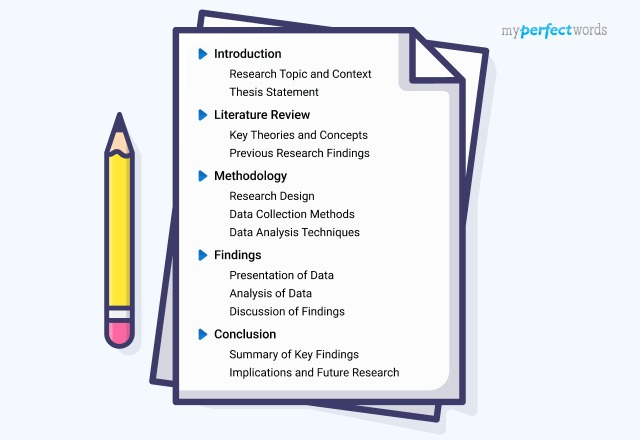
-9352.jpg)
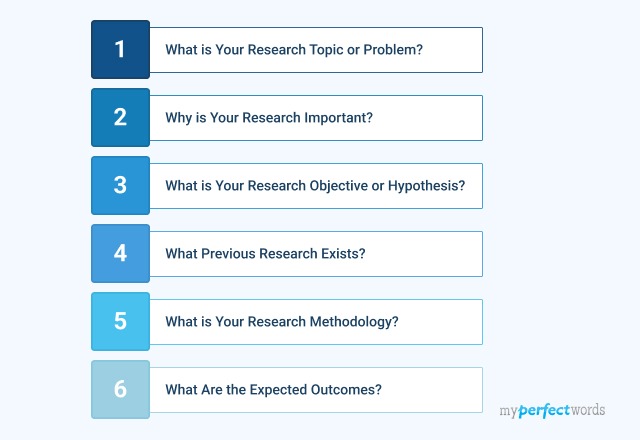
-9374.jpg)



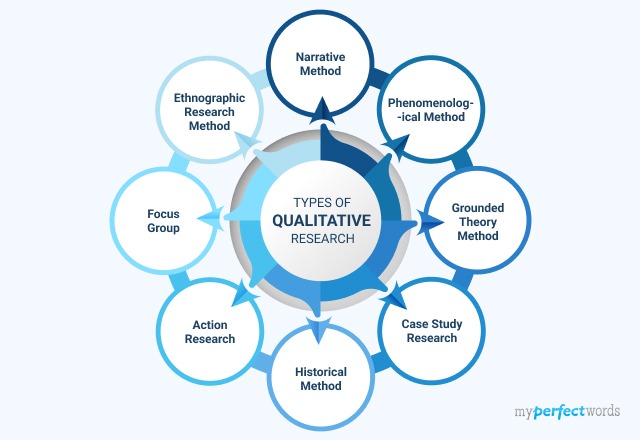













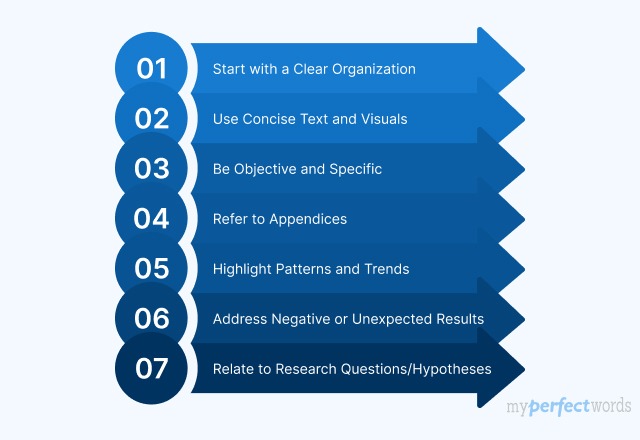


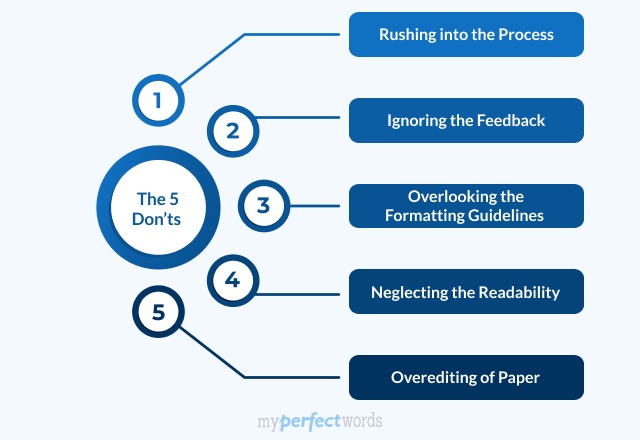
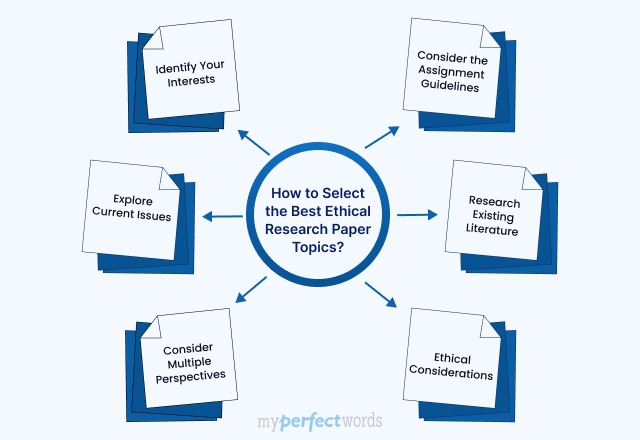

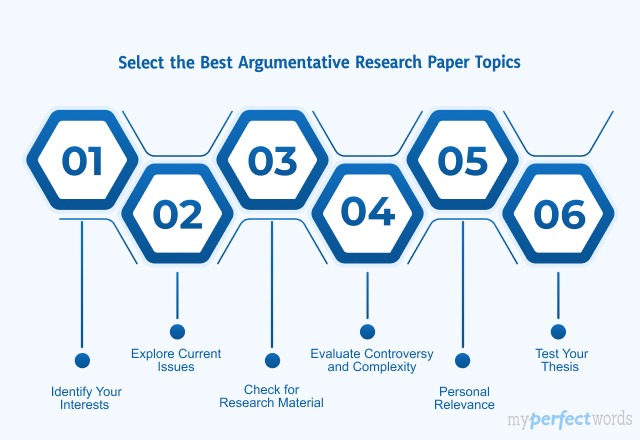
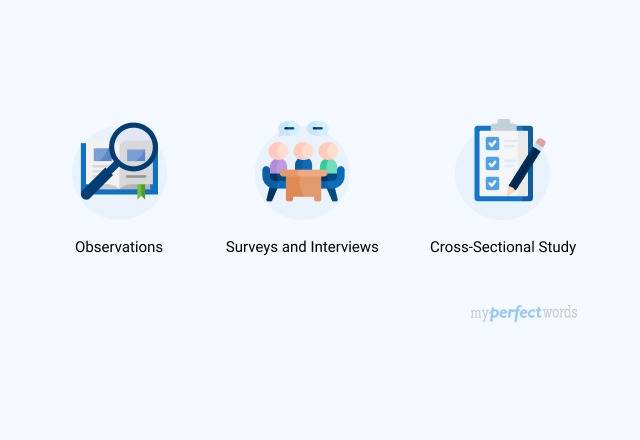
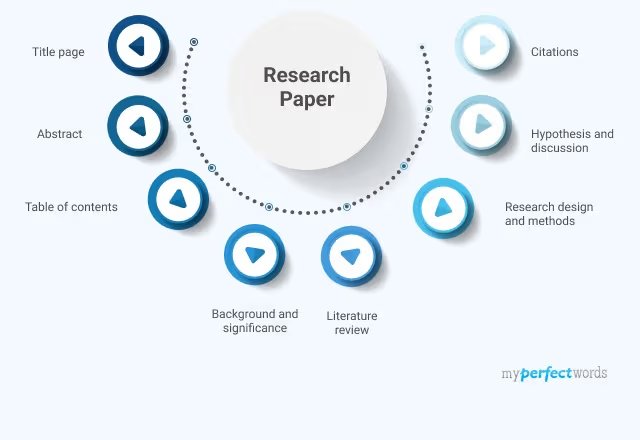
 (2))
)
 (1))
 (1))
 (1))
 (1))
 (1))
 (1))
-20419.png)
-20426.png)
-20431.png)